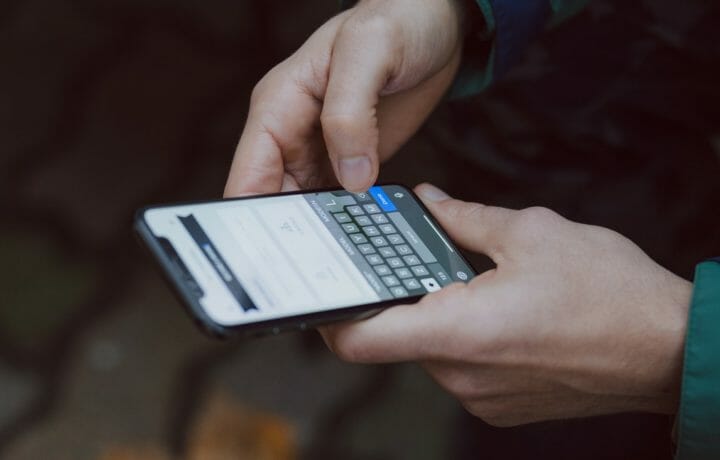A branch of cybersecurity that has been around awhile is digital forensics – the recovery and investigation of data found in digital devices, like desktop and laptop computers at the personal level, up to and including servers at the business or commercial level. A sub-branch of digital forensic that is rapidly growing, and in need of trained technicians, is mobile forensics, which focuses on the acquisition and analysis of data found strictly in mobile devices, namely tablets, cell phones and smartphones. Because these devices are a big part of people’s lives and carried around with them everywhere they go, they hold a plethora of information. From messages sent and received, GPS tracking showing where they have been, photographs taken and stored on the device: All the data stored in mobile devices create a story of the individual’s life and must be handled properly to preserve the data.
Because mobile device data is used by the courts as evidence, data collection methods must be “forensically sound,” meaning certain protocols and procedures were followed in the acquisition, collection and examination of the data. This is where having properly trained mobile forensic technicians comes into play. The processes and procedures used to collect and examine the data can mean the difference between winning a case or getting it thrown out.
From safeguarding the mobile device from Wi-Fi or other telecommunication signals which could alter the stored data or even remotely wipe the device clean, to keeping the device charged to prevent shutdown, which can make accessing the device more difficult, each step in the seizure and isolation, identification, acquisition, examination and analysis, and reporting must be well documented and repeatable if requested.
To teach the protocols and processes used in this field, two well-known institutions, Felician University, a non-profit, Franciscan institution, and Cellebrite, a global leader in digital intelligence solutions serving law enforcement agencies, government and enterprises have teamed up to teach two new courses – Introduction to Mobile Forensics and Mobile Forensic Data Analysis. Veterans interested is pursuing a career in this branch of cybersecurity can use their GI Bill to pay for both courses taught online that can be taken as part of an Information Security Analyst career development program, applied to Felician’s Cybersecurity Certification program, or taken as part of an applicable bachelor’s or master’s degree program.
As the IT security field continues to grow, so will the demand for trained people in niche fields like cyber forensics. In the Information Security Analyst field alone, the Bureau of Labor Statistics projects a 28% (much faster than average) growth between 2016 and 2026. As of May 2018, the median wage in this field was $98,350 so not only is the demand there, but so is the pay to go with it. The field as a whole tops out at $102,620. However, the cybersecurity branch in this field of which mobile forensics is a part of is projected to grow at a rate of 3.5 times that of other IT positions and 12 times greater than other jobs.
Employment opportunities in the mobile forensics field range from working at the federal level, including the FBI and Secret Service, to state and local law enforcement agencies, to private companies that are contracted to perform this work for a variety of clients.
If you enjoy mobile digital technology, working with data, and are an attention-to-detail person, then this up-and-coming exciting field (and opportunities) should not be overlooked.


